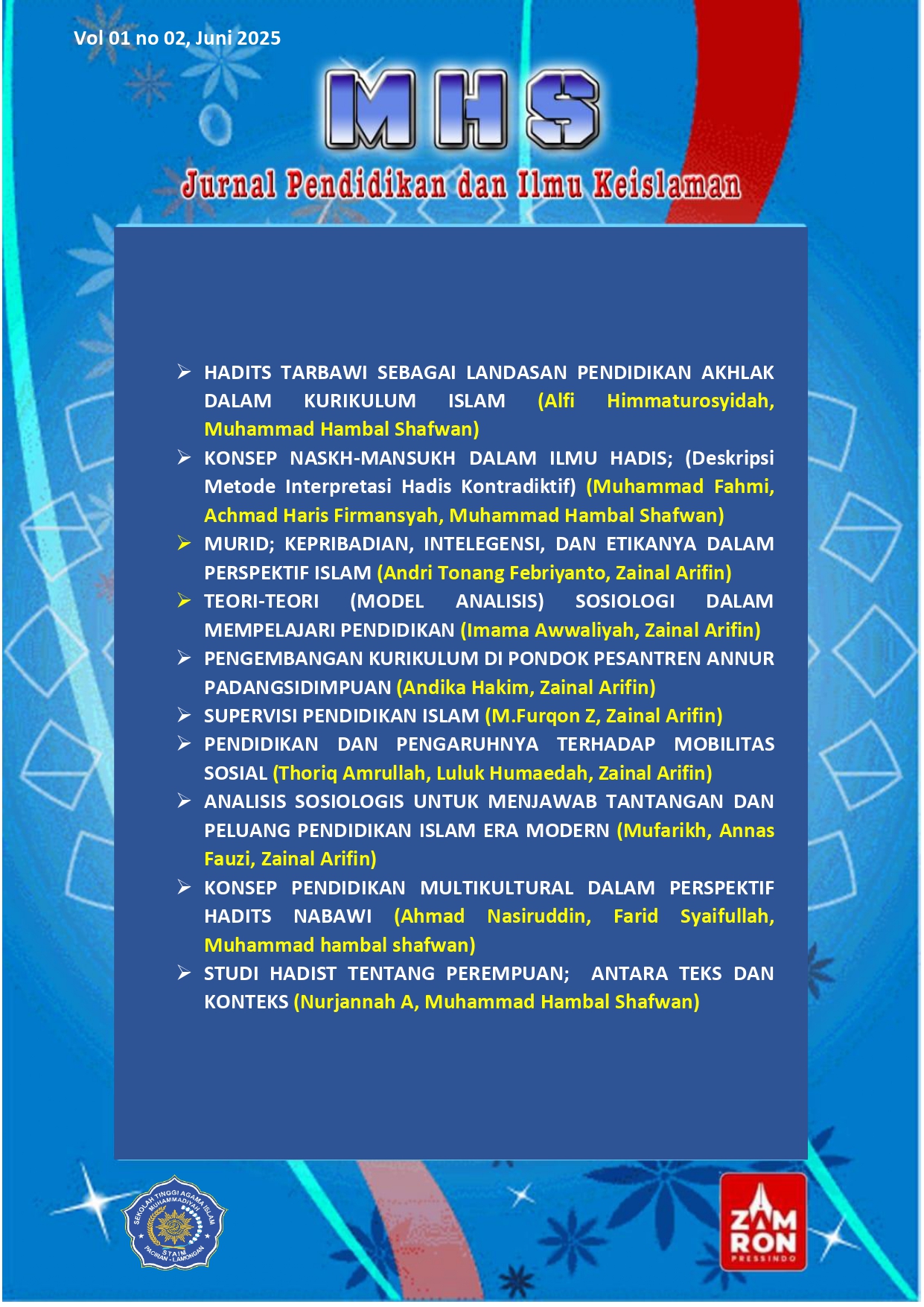PENDIDIKAN DAN Pengaruhnya terhadap MOBILITAS SOSIAL
Abstrak
Pendidikan berperan penting dalam meningkatkan mobilitas sosial dengan memberikan peluang bagi individu untuk naik ke lapisan sosial yang lebih tinggi. Semakin tinggi tingkat pendidikan yang diperoleh, semakin besar potensi seseorang untuk memperoleh status sosial yang lebih baik. Pendidikan, terutama di tingkat sekolah, memberikan peluang bagi anak-anak dari golongan sosial rendah untuk berinteraksi dan bersaing secara setara dengan anak-anak dari golongan sosial atas. Namun, pengaruh pendidikan terhadap mobilitas sosial tidak bersifat otomatis, terutama pada tingkat menengah, karena pendidikan tingkat menengah, seperti SMA, kini tidak cukup untuk menjamin peningkatan status sosial. Sementara itu, pendidikan tinggi, meskipun memiliki korelasi positif dengan mobilitas sosial, menghadapi tantangan berupa ketimpangan akses yang dipengaruhi oleh latar belakang sosial-ekonomi keluarga. Lulusan perguruan tinggi pun kini harus bersaing ketat di pasar kerja, di mana gelar pendidikan saja tidak cukup untuk mendapatkan posisi yang lebih tinggi. Oleh karena itu, untuk mempercepat mobilitas sosial, diperlukan kompetensi tambahan yang relevan dengan kebutuhan dunia kerja dan tidak hanya bergantung pada gelar pendidikan. Penelitian ini menggunakan teknik pengambilan data library research, pendekatan kualitatif, dan metode analisis data berupa analisis konten untuk mengeksplorasi peran pendidikan dalam mobilitas sosial.
Education plays a crucial role in enhancing social mobility by providing individuals with opportunities to move up to higher social strata. The higher the level of education attained, the greater the potential for an individual to achieve a better social status. Education, especially at the school level, offers children from lower social classes the chance to interact and compete equally with children from higher social classes. However, the influence of education on social mobility is not automatic, particularly at the secondary level, as secondary education, such as high school, is no longer sufficient to guarantee an improvement in social status. Meanwhile, higher education, despite having a positive correlation with social mobility, faces challenges in the form of unequal access influenced by the socio-economic background of families. University graduates now also have to compete intensely in the job market, where a degree alone is no longer enough to secure a higher position. Therefore, to accelerate social mobility, additional competencies relevant to the needs of the labor market are required, rather than relying solely on educational degrees. This research uses library research as a data collection technique, a qualitative approach, and content analysis as the data analysis method to explore the role of education in social mobility.











